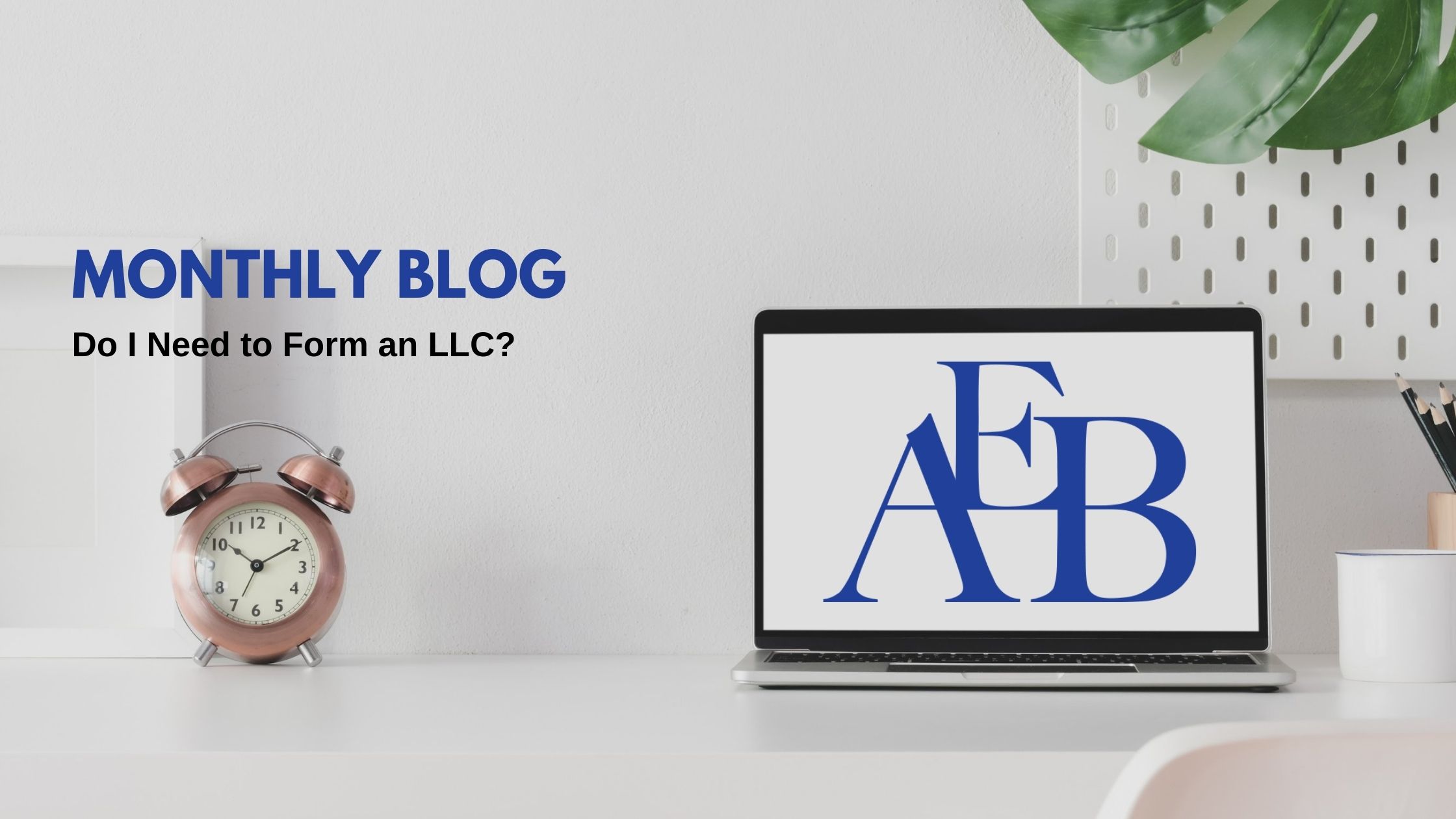
The Difference between Mediation and Arbitration
Conflicts, disputes, and disagreements happen all the time. How would one manage them in their personal life and business in today’s legal landscape? There are many ways an individual or business can handle conflict with another party without having to go to court. Knowing the difference between Mediation and Arbitration will help determine the right course of action.
In this month’s blog, we will look at those processes and their differences and define how they can benefit you or your business. We will review their function within the resolution and the legal standings they provide. Being aware of the Pros and Cons will enable you to make the best decision for your situation.
What is Mediation?
Mediation is defined as an intervention in a dispute to resolve it. You might have experienced this in your life where a friend or professional colleague steps in to help you and another person navigate a conflict or disagreement.
In the context of being legally binding and effective, let’s look at how mediation works for bigger matters. If you or your business are looking to resolve a dispute and don’t want your issues managed in litigation, or court, mediation might be a good option.
A mediator, or a neutral third party, collaborates with the disputing parties to find a mutually agreeable resolution. This individual usually has some training and can be an attorney, a retired judge, or a trained professional. Their role is not to provide legal advice, but to assist both parties in productive conversations, advice, and moving the process forward. Having a dispute mediated can simplify things as well as reduce the time and costs that litigation inherently brings.

Let’s look at the Pros and Cons of Mediation
Pros
- The process of mediation is private and not part of any public records.
- The process itself allows for parties to pre-define their solutions for resolving the dispute.
- Both parties can discuss things together, while being supported by the mediator, to have safe and effective conversations that bring resolution.
- Reduced time to resolve the dispute. Both parties meet as frequently and expeditiously as needed to resolve the issues. Litigation schedules usually are far out on the calendar and scheduling is not within the parties’ control.
Cons
- If individuals are not comfortable talking with or engaging the other party, mediation would provide significant challenges.
- If either party has their “heels dug in” where compromise does not seem possible, mediation would likely be unsuccessful.
- Mediation is not inherently legally binding, so additional steps to enforce compliance might be required.
- State regulations around mediators differ, so parties would need to do extensive research to find the right mediator to accomplish their goals.
Arbitration might be your best option if Mediation is not right for you, and you need more legal support and someone to make the decision for the parties.
What is Arbitration?
Arbitration is the process of resolving a dispute outside of the court system by presenting it to an impartial third party or panel for a decision that may or may not be binding. As this process is similar to Mediation, the main difference is the formality. Each side of the party has a chance to present evidence, provide testimony, and make arguments – very much like how things take place in a courtroom.
Instead of providing counsel and support to the mediation process, an Arbitrator’s decisions are final, much like that of a courtroom with a judge and or jury. Parties would use an arbitration process to let professionals, such as an attorney or retired judge, hear both sides and make final rulings that can be legally binding.
Let’s look at the Pros and Cons of Arbitration
Pros
- The process is faster than going to court and tends to be less expensive.
- The parties have the choice of who the arbitrator would be, whereas, in court, the judge and jury are selected for you.
- Arbitration matters are private and not on public records.
- The rules and processes are more relaxed than formal court cases.
Cons
- Depending on the desired outcomes (binding or non-binding), the results could be final, and no additional recourse would be allowed.
- As arbitration is not made public, the lack of transparency can lead to it being biased.
- Costs for arbitration are on the rise.
There are times in everyone’s life that disputes need professional help. Mediation and arbitration are options available throughout the country. Consider how one might resolve a fender bender or at-fault car accident. It can be a sticky matter when parties involved are not able to agree on who should pay. Check out our blog that dives into this issue, Who’s paying for this.
Something to keep in mind when comparing the difference between mediation and arbitration…
In order to reduce the caseload and scheduling constraints on the legal system, many states are requiring all dispute matters to go through mediation prior to entering litigation. It is important to understand how disputes can be managed in the area in which you reside and/or conduct business. Please reach out to our team to define the best method of conflict resolution for your situation.
Disclaimer: Please note that this blog is informational only and is not meant to provide legal advice. Each situation is different and requires informed care and decisions. Please seek guidance from a licensed attorney before proceeding with your transaction.


